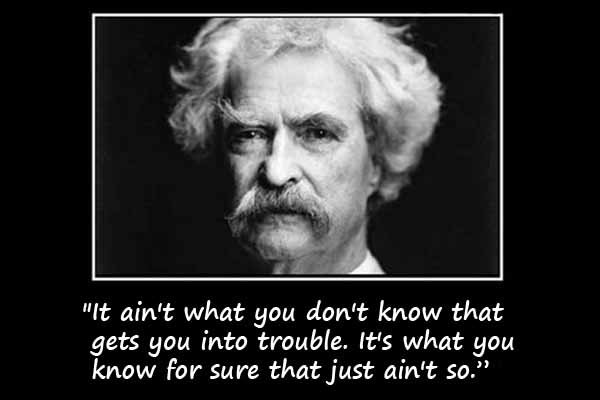Sunday, October 28, 2012
Australia in the Asian Century White Paper
Australia in the Asian Century White Paper
See Executive Summary. Educators read Chapter 6: Building capabilities. Arts communities: Chapter 9: Deeper and broader relationships.
"Australia’s people-to-people links will be deeper and broader, through government support and through the actions of the entire community. This will include the substantial flows of people and ideas between institutions, such as parliaments, educational institutions, business and community groups and the public service."
View Prime Minister Julia Gillard's launch of the White Paper at the Lowy Institute 28 October 2012 on ABC TV 24.
A speech marking a historical step forward ? Up to all of us.
Lera Boroditsky: How language shapes thought - distributing attention and attributing agency
One of my heroes (wonderful public speaker) was on this week's Australian Radio National program "All in the Mind".
Lera Boroditsky from Stanford University How language shapes thought
* Her discussion of accidental versus intentional action would help explain some Indonesian verb forms that do not have English equivalents (ter- and ke-an). I liked her expression "distributing attention" and therefore attributing agency, OR avoiding doing so. Language contributes to our social understandings, judgements and actions. Makes me wonder if Westerners are bigger on agency and therefore blaming and responsibility? Do Asian languages and thinking work more at saving face?
Lera B says: "Each language comes with its own cognitive tool kit, almost as if each has its own parallel universe that sees the world a little bit differently. [...] "How tragic then that we are losing a language every two weeks .. tremendous cultural loss .. incredible cultural treasure."
She also talks about linguistically laying the blame for Timberlake exposing Janet Jackson's breast and the power of metaphor in dealing with complex systems.
ABC blurb: It’s been controversial for centuries but new empirical research suggests that language has a powerful influence over the way we think and perceive the world. Lera Boroditsky from Stanford University suggests that Japanese and Spanish speakers have a different sense of blame, and some Indigenous Australians have a different sense of space – all because of the language they speak.
And last week was The bilingual brain "We explore how speaking more than one language influences our cognitive capacity."
Also see Lera Boroditsky on The Long Now Foundation series 26 Oct 2010. It's brilliant.
Saturday, October 6, 2012
| “Our language is like a pearl inside a shell. The shell is like the people that carry the language. If our language is taken away, then that would be like a pearl that is gone. We would be like an empty oyster shell.” Yurranydjil Dhurrkay, Galiwin’ku, North East Arnhem Land, Australia Our Land Our Languages Language Learning in Indigenous Communities Report to Commonwealth Government of Australia, September 2012. The report suggests that of the 250 local languages spoken in Australia at the time of colonisation; only about 18 remain in strong use. |
|
Subscribe to:
Posts (Atom)









 http://www.mckinsey.com/locations/ukireland/publications/pdf/Education_report.pdf
http://www.mckinsey.com/locations/ukireland/publications/pdf/Education_report.pdf
